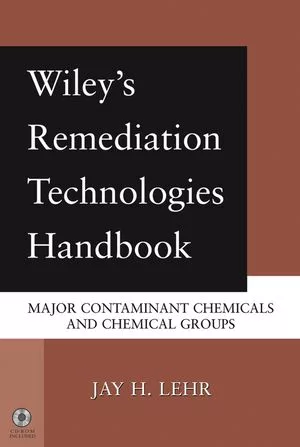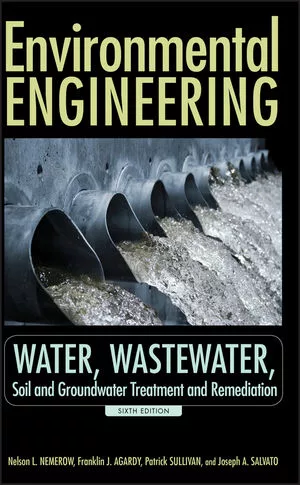EPA responds to petition by environmental groups over seed treatments
In response to a request to unexempt seed treatments from pesticide regulations, EPA declines, but opens the door to labeling and other regulatory changes.
.webp?t=1664821385)
USDA photo by Lance Cheung
The U.S. EPA responded to a petition originally filed by the Center for Food Safety (CFS) in 2017 on Wednesday. The petitioners asked the agency to begin regulating seed treatments, because for years, they've been exempted from pesticide regulations. Environmental groups sued in Dec. 2021 because the agency had not responded to the petition to regulate treated seed until now.
In their lawsuit, the environmental groups point to the deposition of tens of thousands of tons of treated seed at an ethanol plant in Mead, Nebraska. The plant used pesticide-treated seed to produce ethanol and stored distillers grains on the property. With more than 84,000 tons of toxic distilled grain piled on the site, that led to the contamination of ground and surface water. The site is currently in environmental remediation. The seven seed companies involved in the cleanup point to mishandling of treated seed by the owner of the now closed plant, AltEn LLC, not to any problems with the technology itself, which has achieved wide adoption in the U.S. to deal with persistent pests like corn rootworm.
Bayer wrote in a lawsuit against AltEn, that these failures led to "the stockpiling of thousands of tons of wet cake byproduct, and the mismanagement of millions of gallons of wastewater in lagoons that were, under AltEn's management, perilously close to failure."
The petition filed by CFS claims that EPA doesn't adequately weigh the risks of seed treatment pesticides. The petition also claims that the exemption may not cover all treated seed, especially those with several coatings of different products.
EPA explains in its response that it does fully assess, as part of its review of the pesticide registered for treating seed, both the use of the treating pesticide and the treated seed and impacts to human health and the environment. These assessments "take into account the fate and effect of the pesticide, including the uptake and distribution into the developing seedling and plant and the availability of the pesticide on the treated seed to all taxa."
In addition, EPA explains that the treated article exemption regulatory text appropriately covers any seed treated if it meets two regulatory conditions. The first condition is that the treating pesticide be a Federal Insecticide, Fungicide, and Rodenticide Act-section 3 pesticide product that is registered for use as a seed treatment for the specific seed crop and the treating pesticide and treated seed are distributed, sold, and used consistent with the registered product labeling. The second condition requires that any claims made are for the protection of the seed and what the seed becomes.
While they mostly disagreed with petitioners, EPA has been reviewing labeling instructions for pesticides registered for seed treatment use(s) in registration and registration review to ensure there are complete and appropriate instructions for the distribution, sale, and use of both the treating pesticide and the treated seed.
In addition, EPA intends to issue an advanced notice of proposed rulemaking (ANPRM) to seek additional information on whether or to what extent pesticide-treated seed is being distributed, sold, or used in a manner inconsistent with treating pesticide labeling.






